Helena Schmitz
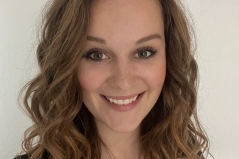
Helena Schmitz
Helena Schmitz is a research associate and PhD student at the German Sport University Cologne, Germany, focusing her research on the prevention of interpersonal violence in sport. Furthermore, she works as an applied sport psychology practitioner at a youth academy of a German soccer club providing counselling to athletes and coaches.
Jens Hellmann
Jens Hellmann
Jens H. Hellmann received his Diploma in Psychology from the University of Bielefeld and his PhD from Jacobs University Bremen. Presently, he is working in a project on psychological aspects of refugee integration at the University of Münster. His research mainly deals with social cognitive processes and elaboration in higher education. Jens started reading when he was a child and even today, he still uses this skill from time to time. E-mail: j.hellmann@in-mind.org
David Dignath
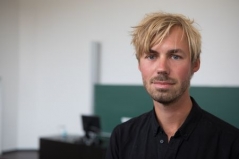
David Dignath
David Dignath is Assistant Professor for Cognitive Psychology at the University of Tübingen. He studied psychology in Würzburg, Germany, and Lisbon, Portugal and completed his PhD in Würzburg, Germany. His research interests include learning of attentional control, multitasking and the role of emotions and motivation in attention control.
Matt Motyl
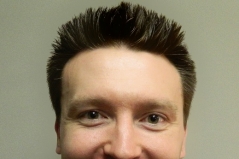
Matt Motyl
Matt Motyl is doctoral candidate in Social Psychology at the University of Virginia. His research examines the factors that make it so difficult for people to discuss religion or politics without yelling at one another.
Nagila Koster
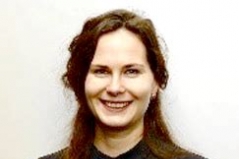
Nagila Koster
Dr. Nagila Koster is a clinical psychologist and senior scientific researcher at Reinier van Arkel. Email: n.koster@reiniervanarkel.nl
William Chopik
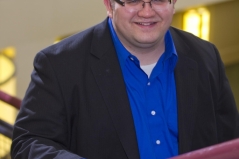
William Chopik
William J. Chopik, MA, is a doctoral candidate in the department of Psychology at the University of Michigan. He studies the continuity and change of relationship processes across the lifespan and individual differences in responses to intimacy.
Sabrina Krys
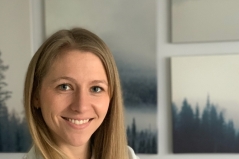
Sabrina Krys
Sabrina Krys studied psychology at Kiel University, specializing in work and organizational psychology, as well as legal psychology. For her thesis, she focused on the effect of rumination on well-being and performance. She is currently working as a postdoctoral researcher in the Department of Work and Organizational Psychology at Kiel University. Her research interests include organizational justice, personnel selection, team processes, coping strategies, and health.
Amir Ghoniem
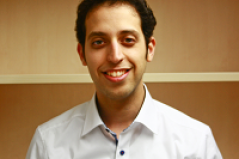
Amir Ghoniem
Amir Ghoniem is a former Fulbright scholar and currently a PhD student at the University of Cologne, Germany. His research interests include self-control, desires and desire regulation and health-behavior interventions. He can be contacted at amir.ghoniem@uni-koeln.de
Fabio Fasoli
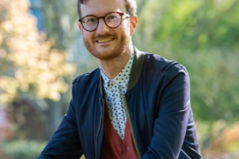
Fabio Fasoli
Fabio Fasoli is a lecturer is Social Psychology at the University of Surrey. His research focuses on how communication, voice, language, and visual information affect interpersonal and intergroup relations.
Bruna Calado
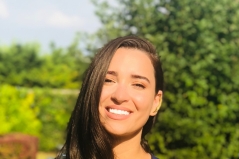
Bruna Calado
Bruna Calado is a PhD Candidate from the House of Legal Psychology, affiliated to Maastricht University and the University of Gothenburg. Her PhD research focuses on the reliability of eyewitness memory when witnesses have repeatedly experienced an event. She has attended the Universidade Estadual da Paraíba in Brazil where she graduated as a psychologist.
